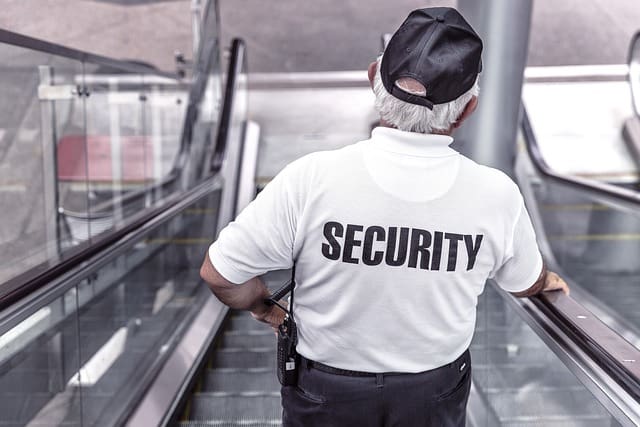
21 Aug Is it Too Safe?
Safety is a huge concern these days. Television, internet, and newspapers all focus on tragedy, corruption, and international tension. It’s human nature to want to be safe. Phelps LaClair in Gilbert, Chandler, and Mesa also has your safety at heart. It’s written into every estate plan we create. It’s why we do what we have done for 40 years—ensure that your assets are protected. Read on to find out exactly how to keep your assets safe.
Bank accounts
Most banks are insured by the FDIC, so you can rest assured that even if something terrible happens to your bank, your money is backed by the Federal government. There are limits, of course, but if your deposits are less than $250,000 per account, you are safe.
Investment accounts
Investment accounts are often included in estate plans. We all are aware of the volatility of the stock market. Lately, it has experienced enormous swings of 500 points or more in a single day. There is no guarantee that your investments will yield interest. In fact, investments are just as prone to losing money as they are to earning money. Still, the long term yields from the stock market make investing attractive to millions of people. Mutual funds are especially sheltered from calamity due to their diversity. With investment accounts, your money may or may not be safe.
Trusts
Like bank accounts, the assets held in trust by banks are insured by the FDIC. A revocable trust is insured to $250,000. In most cases, an irrevocable trust is insured to $250,000 per beneficiary. Depending on your estate plan, you may or may not have sufficient coverage by the FDIC. For tangible assets such as real estate, insurance should be reviewed regularly and kept up to date.
Safe keeping
It is important that you keep your estate plan in a safe place. Whoever is assigned to administer your estate when you pass on needs immediate access to it. Home safes are one place that many people keep their valuables. But they can also be vulnerable to break-ins, fires and explosions.
Safety deposit boxes are another place people trust for the safe-keeping of valuables and documents. The problem here is that when you die, the bank will immediately lock up the box, and only unlock it upon proof of who is in charge. It is a catch-22, because the evidence of the power of attorney is kept in the locked box. This scenario will require a judge to open it, lengthening and complicating the process.
It is a good idea to keep copies of the estate plan in several safe places, such as with the successor trustee, or with the estate planning firm that wrote the plan for you. Phelps LaClair has handled trust administration for hundreds of clients. If you have more questions on how to keep your assets safe, call us to set up a consultation. Your first consultation with us is free. We look forward to working with you and giving you peace of mind that your assets are protected!
Images used under creative commons license – commercial use (01.06.2025). Image by Ryan McGuire from Pixabay.


